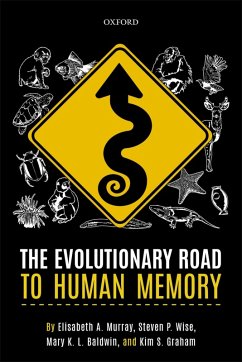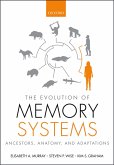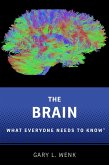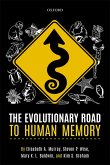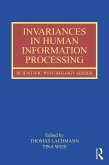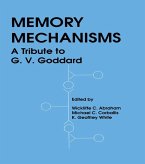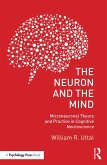We tend to think about memory in terms of the human experience, neglecting the fact that we can trace a direct line of descent from the earliest vertebrates to modern humans. But the evolutionary history that we share with other vertebrates has left a mark on modern memory, complemented by unique forms of memory that emerged in humans. This book tells an intriguing story about how evolution shaped human memory. It explains how a series of now-extinct ancestral species adapted to life in their world, in their time and place. As they did, new brain areas appeared, each of which supported an innovative form of memory that helped them gain an advantage in life. Through inheritance and modification across millions of years, these evolutionary developments created several kinds of memory that influence the human mind today. Then, during human evolution, yet another new kind of memory emerged: about ourselves and others. This evolutionary innovation ignited human imagination; empowered us to remember and talk about a personal past; and enabled the sharing of knowledge about our world, our culture, and ourselves. Through these developments, our long journey along the evolutionary road to human memory made it possible for every individual, day upon day, to add new pages to the story of a life: the remarkably rich record of experiences and knowledge that make up a human mind. Written in an engaging and accessible style, The Evolutionary Road to Human Memory will be enjoyable reading for anyone interested in the human mind.
Dieser Download kann aus rechtlichen Gründen nur mit Rechnungsadresse in A, B, BG, CY, CZ, D, DK, EW, E, FIN, F, GR, HR, H, IRL, I, LT, L, LR, M, NL, PL, P, R, S, SLO, SK ausgeliefert werden.
Hinweis: Dieser Artikel kann nur an eine deutsche Lieferadresse ausgeliefert werden.

